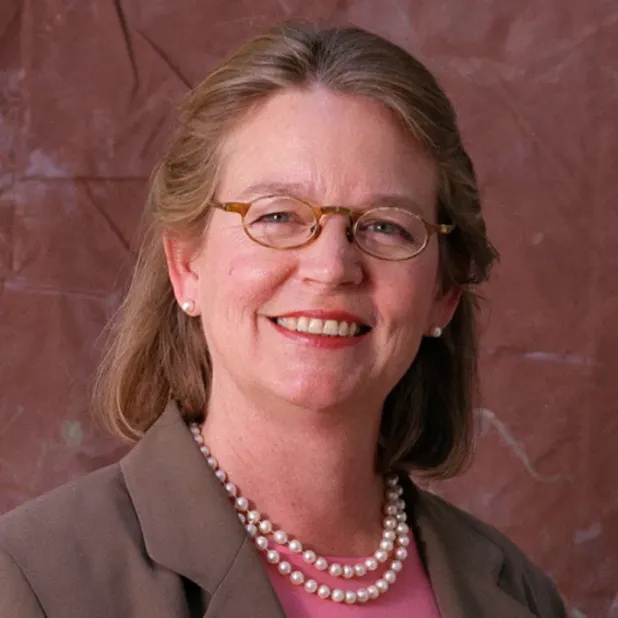Frontier Lecture Series on Urban Governance: Session 1 Stepping Back to Move Forward in Collaborative Governance Research
2025/4/11 13:11:54
Theme:Stepping Back to Move Forward in Collaborative Governance Research
Host: China Institute for Urban Governance,School of International and Public Affairs of Shanghai Jiao Tong University, Urban Governance Journal
Date: 2025.04.16 (Wednesday) 9:00-12:00
Location: Shanghai Jiao Tong University(SJTU) Xuhui campus, Xinjian Building Room 239
Moderator: Jiannan Wu, Executive Vice Director, China Institute of Urban Governance, Dean, School of International and Public Affairs, SJTU; Editor-in-Chief, Urban Governance

Speaker’s Introduction:
Kirk Emerson is Professor of Practice Emerita in the School of Government and Public Policy at the University of Arizona. She is best known for her scholarship and practice in collaborative governance and environmental conflict resolution, having worked in both academia and government at local and federal levels during her 40 plus years of public service. She is an elected fellow of the National Academy of Public Administration. She was appointed the first editor of Perspectives on Public Management and Governance by the Public Management Research Association. In 2019, she was awarded the NASPAA/ASPA Distinguished Research Award and served as a Fulbright Specialist teaching collaborative governance at Lanzhou University in China. Dr. Emerson was the first director of the U.S. Institute for Environmental Conflict Resolution (now the McCain National Center for Environmental Conflict Resolution) at the Morris K. Udall Foundation (1998-2008).
Dr. Emerson studies collaborative governance, public engagement, inter-agency cooperation, and conflict management in the context of natural resources and public lands management and implementation of the National Environmental Policy Act. Her current focus is on understanding how collaborative governance regimes change over time and building capacity to manage and participate in complex governance systems.
Abstract:
Interest in and practice of collaborative governance have grown significantly over the past two decades in countries across the globe, largely in response to the complex, cross-boundary public policy challenges of the 21st century. The study of collaborative governance has followed suit and the production of research has increased significantly in the past 5 years, particularly in China.
In this talk, Dr. Kirk Emerson, Emeritus Professor for the School of Government and Public Policy at The University of Arizona, discusses trends in recent collaborative governance research and highlights three areas where she hopes future scholars will focus their attention: on the cross-temporal nature of collaborative governance arrangements; on the complexity and nuance of the practice of collaborative governance and hence the need to strengthen construct validity and measurement; and on the underlying role of conflict in complex policy arenas and the need to build skills and capacity to convene and mediate differences in the context of collaborative governance. *This lecture will be followed by a roundtable discussion.
Registration Link: https://ciugsjtu.mikecrm.com/zYEnx4Z
(Please upload your CV and research related to Collaborative Governance)
Priority will be given to researchers related to collaborative governance to participate in the lecture and roundtable discussion.

About Urban Governance
Urban Governance seeks to advance knowledge of how to make cities more liveable, inclusive, and sustainable. We aim to provide a forum to address some of the most challenging issues facing cities and governance worldwide, to inspire academic research and debates, and to share knowledge, experience, and critiques on urban governance.
Urban Governance is sponsored by the China Institute for Urban Governance and the School of International and Public Affairs of Shanghai Jiao Tong University and is published by Elsevier, a globally renowned publisher. It is published four issues a year, and currently, 4 volumes with a total of 13 issues have been published. Urban Governance has been included in the Scopus database (in the categories of Public Administration, Political Science, Urban Studies, etc.).
Contributors to and the readership of Urban Governance include academics, practitioners, and policy makers. We welcome rigorous studies that develop new theoretical and empirical insights on and/or innovative method for the research and practice in urban governance, especially those contributing new theories and solutions from public administration perspective. https://www.editorialmanager.com/ugj

